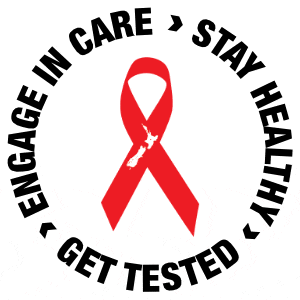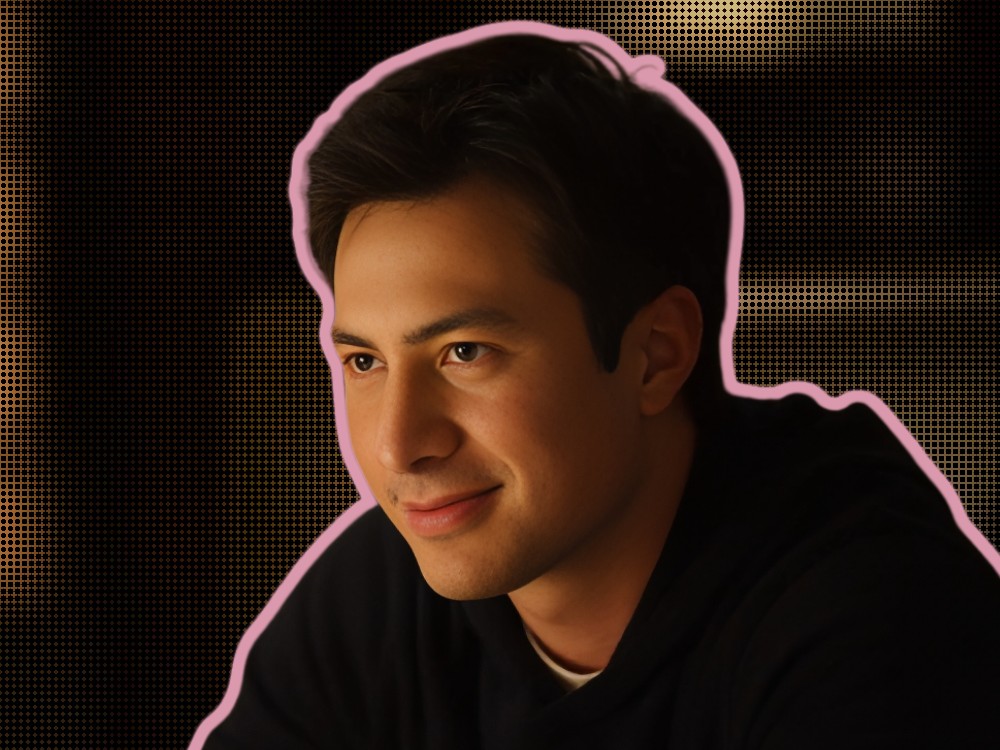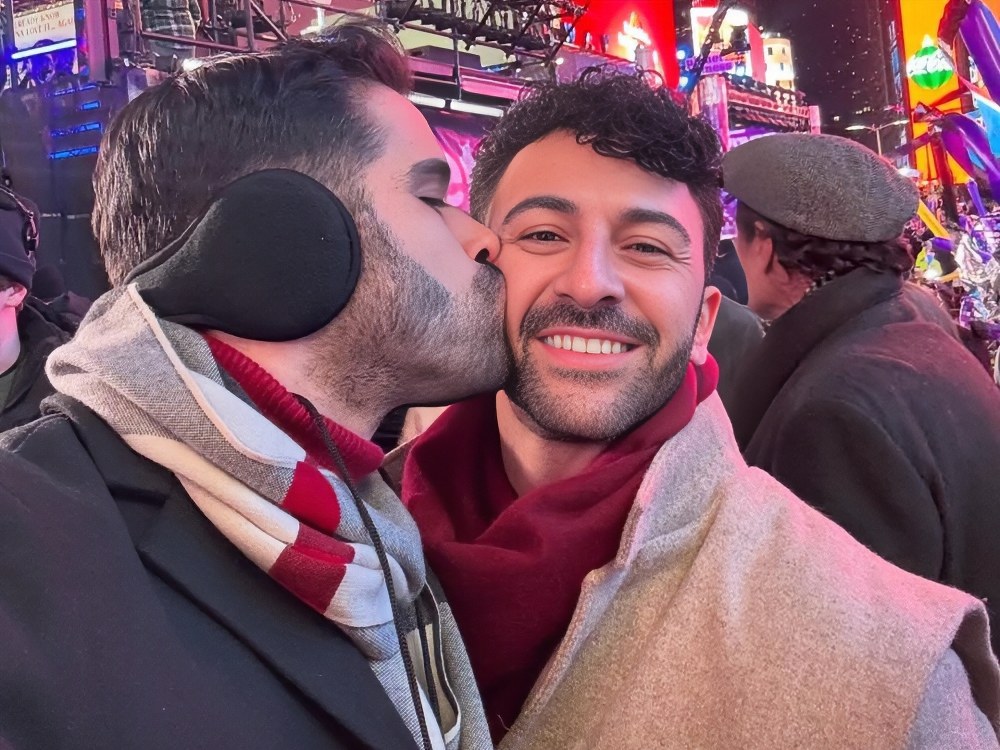When voting closes in our local elections next month, we’ll be shaping the future of our neighbourhoods in ways that ripple far beyond potholes and playgrounds. The 2025 local elections will determine who sits on our councils, community boards, and other key decision-making bodies for the next three years. Ballot papers were sent out to enrolled voters from 9 September, and voting closes at 12 noon on Saturday 11 October.
Local government decisions affect everything from public transport to green spaces to the cultural events that define our cities. They also decide whether our public spaces feel safe, inclusive, and welcoming for all.
This year, queer representation is on the ballot in wards and boards across the motu. The six candidates interviewed here are only some of the LGBTQ+ New Zealanders standing in 2025, but together they paint a picture of why representation matters — and why your vote does too.
Jack Mould: Safe Spaces in Ōtautahi

Running for the Heathcote Community Board in Christchurch, Jack Mould has spent years volunteering in both conservation and rainbow causes. For him, standing for office is about “building a future we are proud to hand over to the next generation”.
In Ōtautahi, Jack says the biggest issue for queer locals is the lack of safe spaces. “There is one gay bar in the city, but for most of the community it’s not realistically a safe space. We need to support local organisations to host queer-friendly events and have a rainbow presence year-round — not just during Pride month.”
Jack has already pushed for safer public transport as chair of Christchurch Rainbow Labour and wants to see more gender-neutral facilities. “Everyone should have the ability to go to the bathroom and feel safe when doing so.”
Christina Robertson: Standing Firm in Albert-Eden

For Christina Robertson, serving on the Albert-Eden Local Board has shown that climate action and inclusivity go hand in hand. “As a queer person, I know public discourse often focuses on the majority. I’ll always speak up for an inclusive city where everyone can flourish.”
She recalls how Auckland’s rainbow communities rallied after members of Destiny Church disrupted a rainbow storytime at Te Atatū Library earlier this year. “It’s crucial to continue funding and hosting events where rainbow communities are celebrated, and to make sure council facilities are safe and welcoming.”
Christina says local boards can only be inclusive if they actively engage with rainbow voices. “We have to keep showing up to events, reaching out to community groups, and supporting other LGBTQ+ people to run for local office.”
Michelle Thorp: Growing Community, Building Understanding

Also running in Albert-Eden, Michelle Thorp sees her candidacy as “another way to get a voice in the room” against inequality, discrimination, and division.
“I have deep empathy for people whose views are different to mine, because I had to grow from a conservative mindset to an inclusive one when I came out,” she says. “That’s important in a place like Epsom.”
Michelle wants to see local government actively supporting rainbow-inclusive events, accessible gender-neutral bathrooms, and queer families at community gatherings. “It’s about education, advocacy, and follow-up. We can’t just talk to LGBTQ+ people — we need to get the organisations already doing the work into the room with decision-makers.”
Scott Macarthur: Designing for Inclusion in Devonport-Takapuna

Town planner Scott Macarthur is running for the Devonport-Takapuna Local Board because “local government works best when it reflects the diversity of the people it serves”.
He sees persistent gaps in inclusive spaces and representation. “We can have real impact if we engage with the right people — whether that’s ensuring parks are welcoming to all or making public facilities safe for every gender and sexuality.”
Scott is especially focused on night-time safety. “We need to think purposefully about bus stop design, lighting, and walking routes. Consultation has to reach rainbow communities so we get it right.”
Theo van de Klundert: Fighting for the Heart of Waitematā

For Theo van de Klundert, standing in Auckland’s Waitematā ward is about “progressive leadership that reflects real-world challenges”.
Theo cites rising violence against queer people and increased far-right agitation as urgent issues. “Over the last year there’s been an alarming spike in attacks on community members, as well as anti-social protests targeting rainbow spaces.”
As a member of Auckland Council’s Rainbow Communities Advisory Panel, Theo has worked with police on inclusion guidelines and supported groups like Rainbow Youth. “Waitematā has the largest rainbow population of any ward in the country. We need people to turn out and vote so we can take back our ward for the community.”
Lewis Rowe: Pride on the North Shore

Business owner Lewis Rowe is standing with the independent ‘A Fresh Approach’ team for Devonport-Takapuna Local Board. While he doesn’t define his politics by his sexuality, he says it shapes his commitment to safe, accessible spaces.
“I’d love to see an annual Pride parade on the North Shore. And I’m really passionate about engaging young people and helping them find their ‘tribe’ — whether that’s through arts, sports, or environmental work. When people find their community, mental health and wellbeing improve.”
For Lewis, a thriving future is one that’s “inclusive, accessible, happier, and healthier — with common-sense outcomes that are backed by data.”
Why Queer Representation Matters
Representation isn’t about ticking diversity boxes — it’s about making sure decisions reflect the experiences of all residents.
When rainbow voices are at the decision-making table, they can:
- Spot blind spots — like the need for safe transport options late at night, or ensuring public spaces are genuinely welcoming.
- Protect inclusive spaces — such as libraries hosting drag storytime or councils flying Pride flags.
- Inspire future leaders — showing young LGBTQIA+ people that their voices belong in politics.
As Jack Mould puts it: “I have rights today because people fought for them. Standing up now is my way of showing thanks to those who came before me.”
How to Take Part in the 2025 Local Elections
- Check your enrolment: Go to vote.nz and make sure your details are correct. You must be enrolled to vote.
- Vote early if you can: You don’t have to wait — you can post your completed voting paper back right away.
- Final deadline: Voting closes 12 noon, Saturday 11 October 2025. Postal votes must be received by then.
- Find out who’s standing: Your local council website and vote.nz will list all candidates in your area.
The Ballot Is Bigger Than You Think
The six candidates featured here are part of a broader wave of queer leadership stepping forward in 2025. From small rural boards to major city councils, LGBTQ+ New Zealanders are putting their names forward — and their lived experiences — to shape the places we live.
Their campaigns are diverse, but their message is shared: vote. Turnout for local elections is consistently lower than general elections, and when fewer people vote, fewer voices are represented.
As Christina Robertson says, “Local government can only be inclusive if it actively engages with rainbow voices — and that starts with those voices being at the table.”
So when your voting papers arrive, don’t leave them in the recycling pile. Read them. Fill them in. Post them back. Because every local decision is shaped by the people you elect.
And this year, you’ve got the chance to help make those people as diverse as the communities they serve.





























